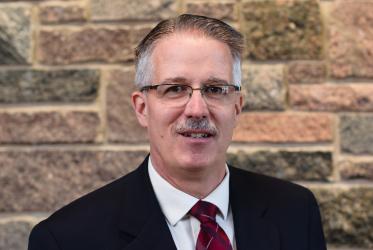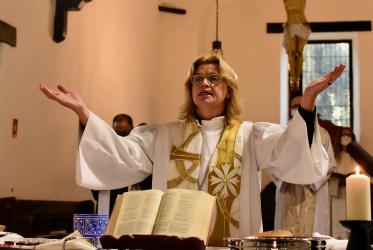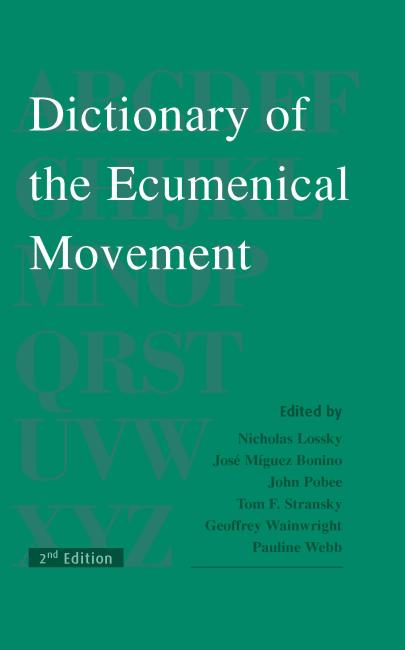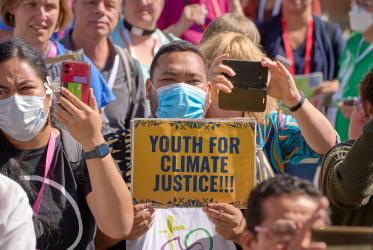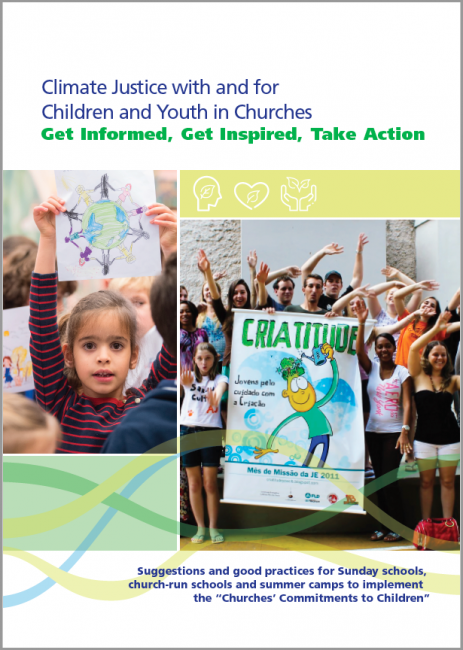Mostrando 121 - 140 de 509
Pelajaran dari keterlibatan strategis di Indonesia, India, Republik Dominika, dan Jamaika
13 Febrero 2023
Redes de la sociedad civil en VIH y SIDA y actores religiosos
Lecciones aprendidas del involucramiento estratégico en la India, República Dominicana, Indonesia y Jamaica
07 Febrero 2023
HIV and AIDS Civil Society Networks and the Faith Sector
Lessons Learnt from Strategic Engagement in India, Dominican Republic, Indonesia, and Jamaica
31 Enero 2023
Pandemic and pedagogy: what are the valuable lessons?
21 Diciembre 2022
In Chile, “Churches’ ministry of reconciliation is key”
29 Noviembre 2022
Dictionary of the Ecumenical Movement (2nd Edition)
28 Noviembre 2022
Towards a Global Vision of the Church Volume I
Explorations on Global Christianity and Ecclesiology, Faith and Order Paper 234
14 Noviembre 2022
Climate Justice with and for Children and Youth in Churches
Get Informed, Get Inspired, Take Action
09 Noviembre 2022
Climate Justice with and for Children and Youth in Churches
Get Informed, Get Inspired, Take Action
09 Noviembre 2022



